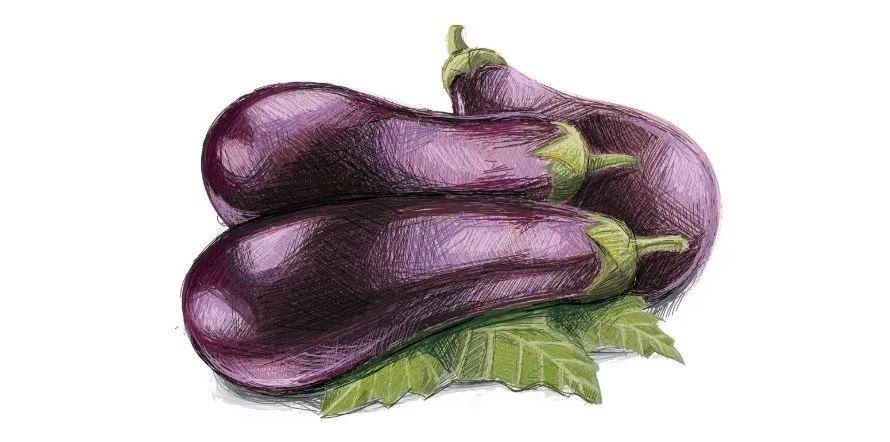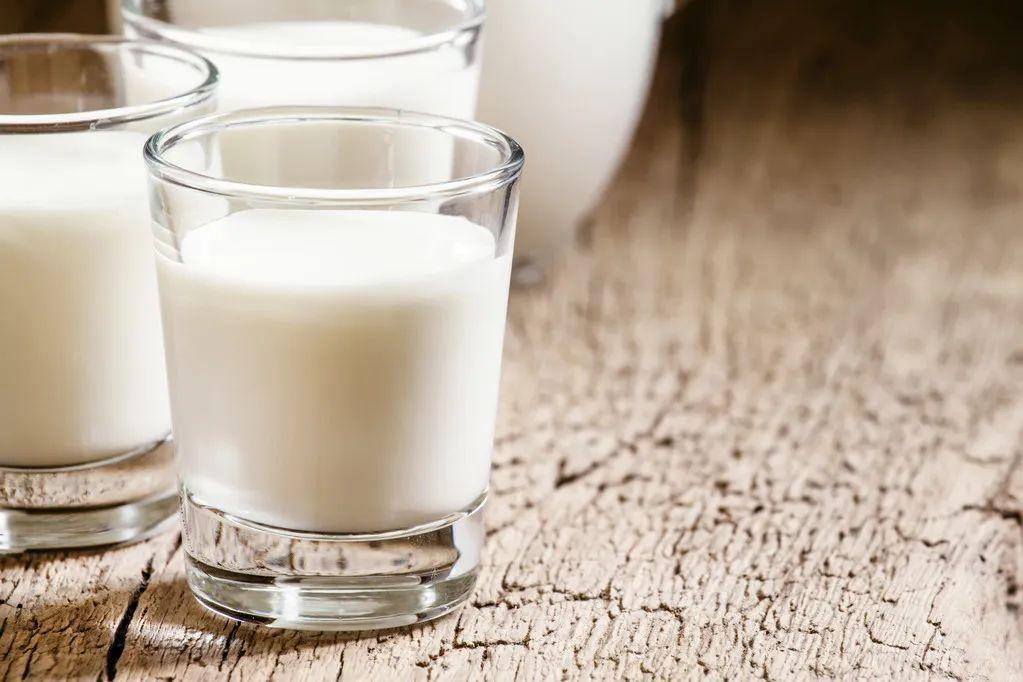A New Clue to Starving Cancer Cells to Death Through Diet
Beijing, Oct 24 -- A team of US scientists have described the latest clue to "starve" cancer cells through caloric restriction -- a unique mechanism by which dietary patterns inhibit tumor growth in a mouse model of pancreatic cancer, according to a cancer study published recently in the British journal Nature. The researchers say the goal of the findings is not to recommend diets, but to really understand the underlying biological mechanisms that describe how calorie-restricted diets inhibit cancer cell growth and provide directions for future drug development.
Low-glycemic index dietary interventions, such as caloric restriction and ketogenic diets, are thought to alter tumor growth -- minimizing spikes in blood sugar and insulin levels, an effect associated with suppressed tumor growth in some animal models. But whether other metabolic changes associated with such diets affect tumor growth has been studied. The latest analysis suggests that calorie restriction can limit tumor growth by altering lipid levels in tumors.
Matthew Vanda Hayden, a scientist at MIT's Koch Institute for Integrative Cancer Research, and researchers at Harvard Medical School's Dana-Farber Cancer Center analyzed the effects of caloric restriction and a ketogenic diet on a mouse model of pancreatic cancer. It was caloric restriction, not ketogenic diet, that was found to lower plasma and tumor lipid levels. It also reduced the activity of an enzyme that cancers use to adapt to a low lipid environment. This disrupts the balance between unsaturated and saturated fats and significantly slows tumor growth. Although the ketogenic diet also disrupts the activity of this enzyme, it also provides large amounts of fat and increases blood lipids, thus maintaining the ratio of unsaturated fat to saturated fat at a level favorable for tumor growth.
In addition to the mice, the team analyzed the relationship between dietary patterns and survival time in 1,165 pancreatic cancer patients. Preliminary findings suggest that a diet high in fat and low in carbohydrates may be associated with longer survival.
But the researchers also noted that low-glycemic index diets are not suitable for all cancer patients, that they are sometimes difficult to adhere to and tolerate, and that weight loss may also limit treatment options. They believe that further study of how diet affects metabolic changes that interfere with tumor growth could guide how to add diets or therapies that mimic these effects to existing cancer treatment strategies, as well as develop new drugs to inhibit the enzyme's activity.







